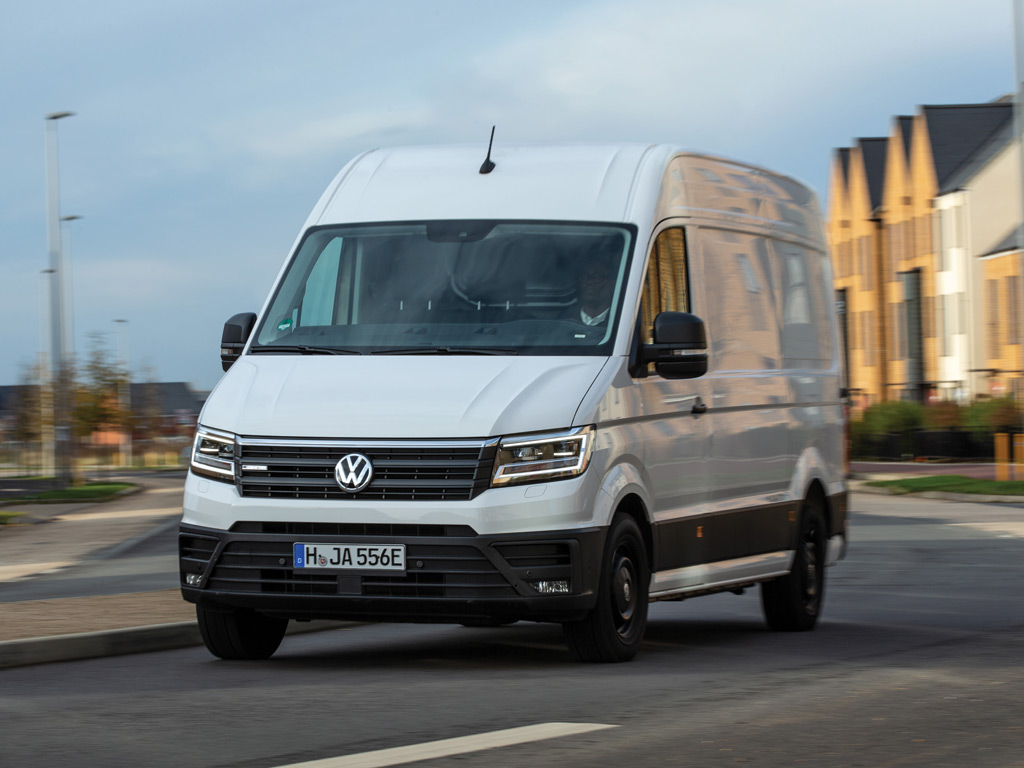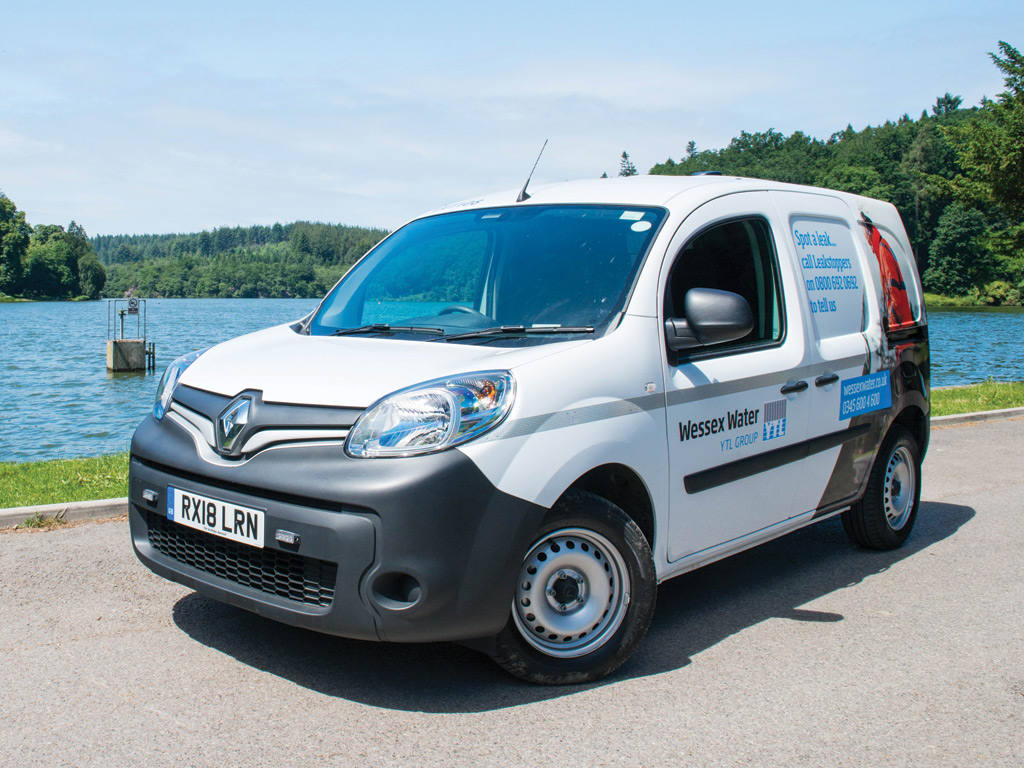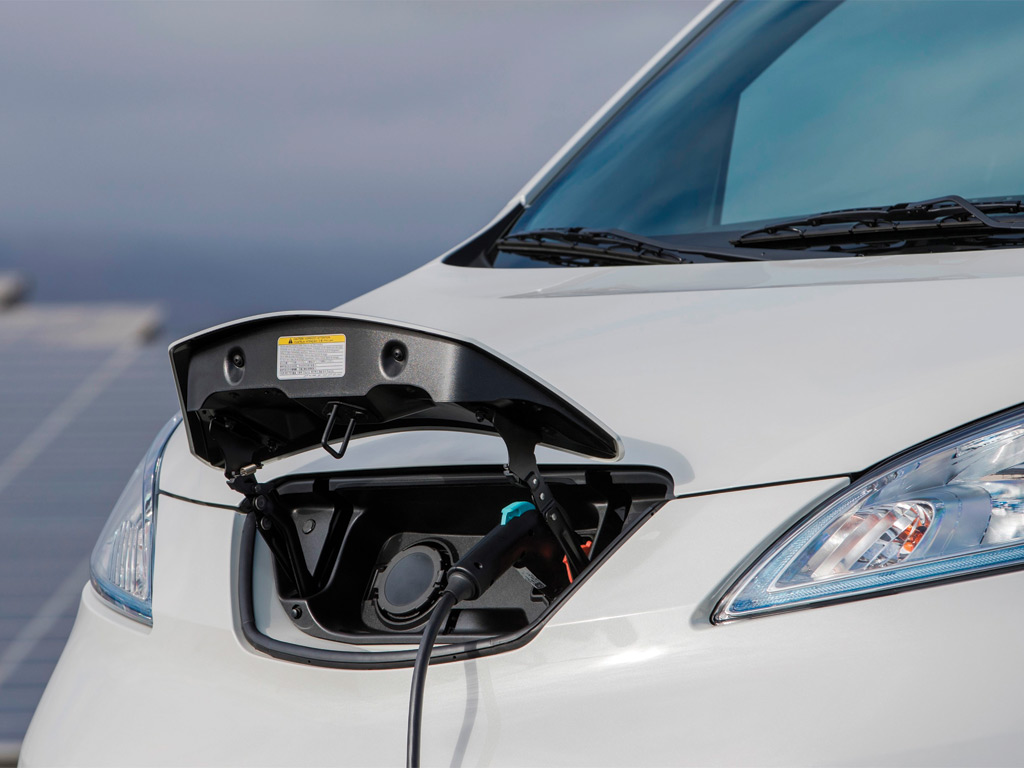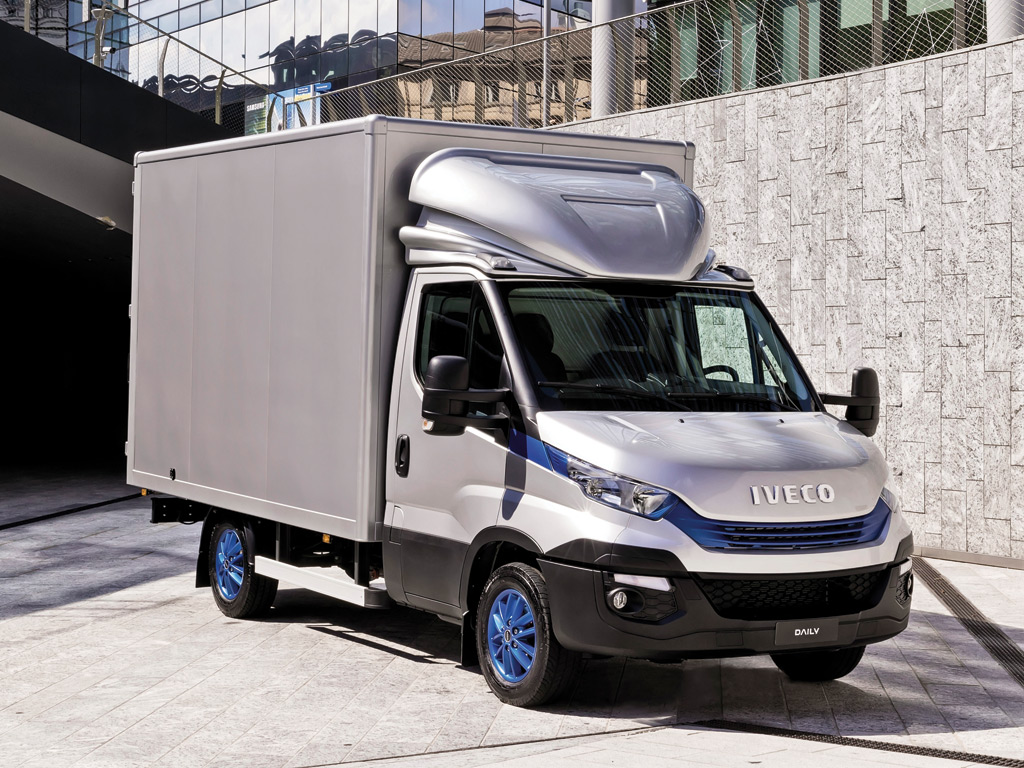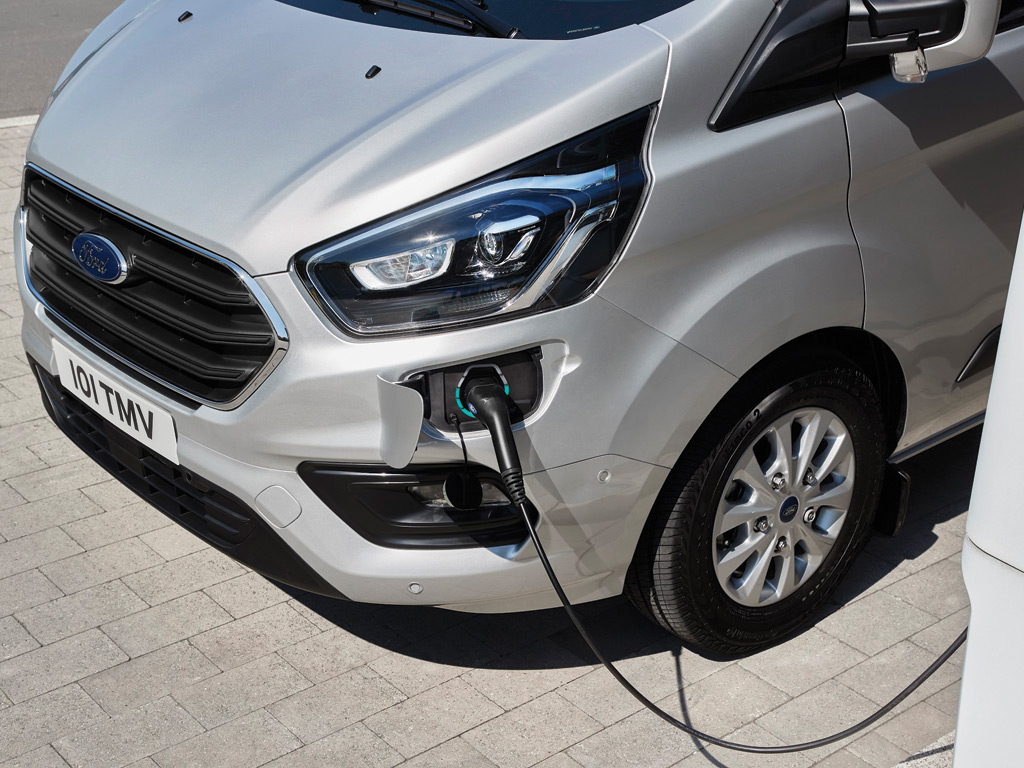Could this be the year of the electric van? Dan Gilkes plugs in.
While colleagues working on our car magazine are accustomed to living with electric and hybrid drivelines, we’ve had an e-Golf on the fleet for some months now, this is still relatively new ground for many van operators. But, 2019 looks set to be the year that could change that.
Last year we attended more electric and hybrid vehicle launches than ever before, indeed I drove more new electric vans than I did diesel-powered models. In the commercial vehicle market that is a first. Yes, some of those vehicles have yet to come to market, but over the next 12 months there will be plenty of e-LCV introductions.
They remain initially expensive when compared to a diesel or petrol-powered commercial. But do the whole life calculations and, for some, there will not just be a green incentive to look at a plug-in van, but a financial one too. Plus of course, urban authorities have to cut emissions and clean up their air quality, with delivery vehicles a relatively easy target for the rule writers, so the pressure to change will continue to grow.
Until now, Renault and Nissan have had the compact market pretty much to themselves, with Kangoo Z.E. and e-NV200 taking most of the UK’s electric van sales. Iveco has been pushing the Daily Electric at the heavier end and Peugeot/Citroën have had some success with the Partner/Berlingo Electric models. LDV has been making in-roads into with the EV80 electric van, which can also be had as a chassis cab or a minibus, while Turkish brand BM Auto has found a few customers for its Fiat Ducato-based vans.
At the heavier end they have recently been joined by the Renault Master Z.E., available from Renault itself, but also through Renault Truck’s dealers. In the case of the truck business in particular, this is leading to not just electric panel vans, but temperature-controlled models, minibuses and even aerial work platforms.
The choice is about to get much wider though. We will soon see electric versions of the Peugeot Expert and Citroën Dispatch, along with a new Vauxhall Vivaro, which will be offered with an electric driveline. During 2019 Mercedes-Benz will introduce the e-Vito, to be followed next year by an e-Sprinter and eventually an e-Citan.
While we have to wait until 2020 for right-hand drive versions of Volkswagan’s e-Crafter, the company will launch an e-Caddy here this year, built by partner Abt. This will be followed by an e-Transporter in 2020, to sit between the larger and small models. The e-Crafter will also be offered as an eTGE by VW’s truck and bus sibling MAN.
Taking a slightly different approach, Ford will start selling its plug-in hybrid Transit Custom in 2019, following year-long trials with a range of potential customers across London. Unlike the majority of competitors, the PHEV boasts a compact 1.0-litre petrol engine as a range-extender for the battery, delivering far longer overall range capabilities with no loss of carrying power.
Another PHEV van will appear in 2020, from London taxi manufacturer LEVC. Like the black cab with which it shares its running gear, the LEVC van will have a 1.5-litre petrol engine under the bonnet, to act as a range-extender for the electric driveline. LEVC recently announced that it will be working with parent company Geely to develop a whole range of electric vans for global use. No doubt Mitsubishi will once again create a commercial version of the latest Outlander PHEV too, which now boasts a 2.5-litre petrol engine alongside its battery pack.
So, there will be no shortage of choice for van operators, with e-LCVs available at various weights and with a range of body sizes. The government has also provided some help to the market, by lifting the weight limit that Category B car licence holders can drive, to 4.25-tonnes. This negates the additional weight of the batteries, making an electric van a more viable load hauler versus a diesel 3.5-tonner.
While few will take the decision to move to electric drive lightly, there could as mentioned be sound financial reasons to do so. That’s particularly true for van users working within inner London’s Ultra-Low Emissions Zone, which comes into force in April, though increasingly the imposition of Clean Air Zones in other cities will also provide a push towards alternative fuels.
With the London Congestion Charge currently set at £11.50 per day and a further £12.50 to be imposed on non-Euro 6 diesel vans by the ULEZ, running within the centre of the capital is set to become an expensive business. However, even without these external incentives, some fleets may find that the low daily running costs and reduced maintenance required by an electric van, could provide a much earlier break-even point than had been assumed.


